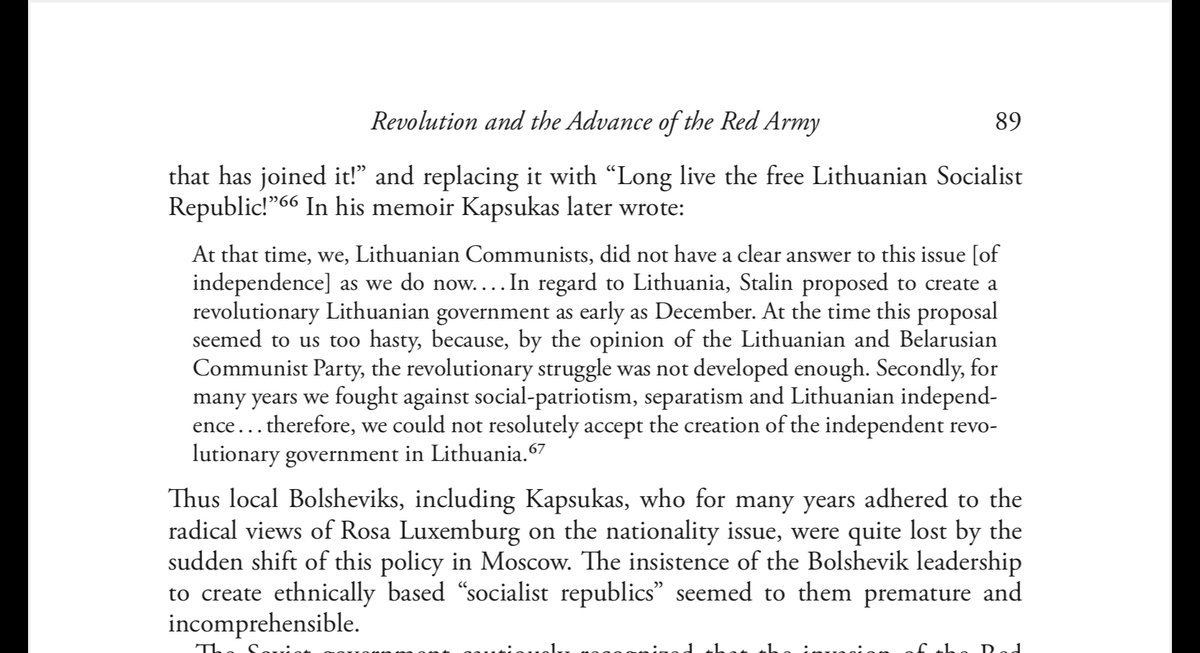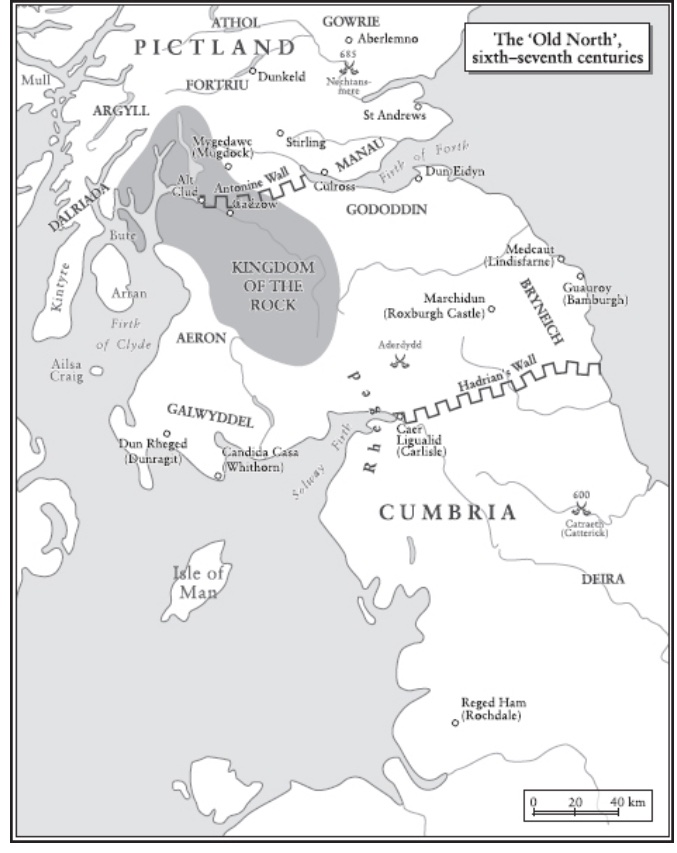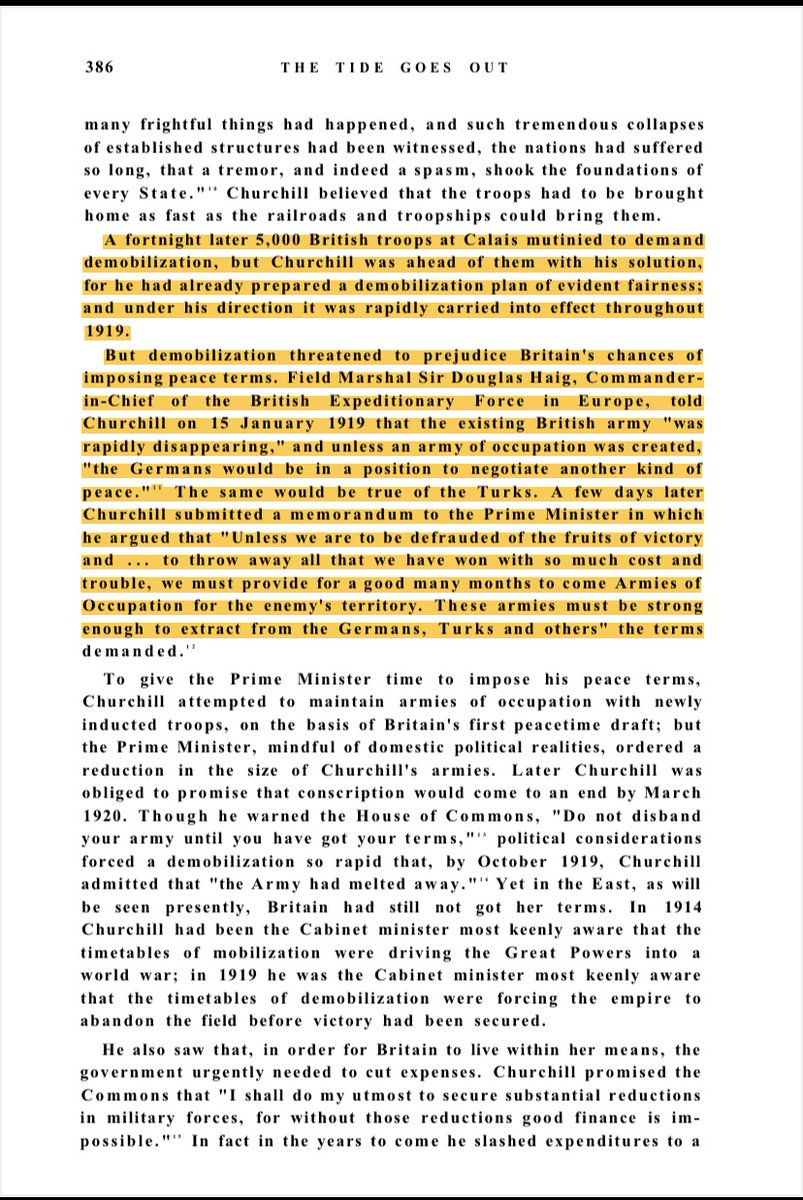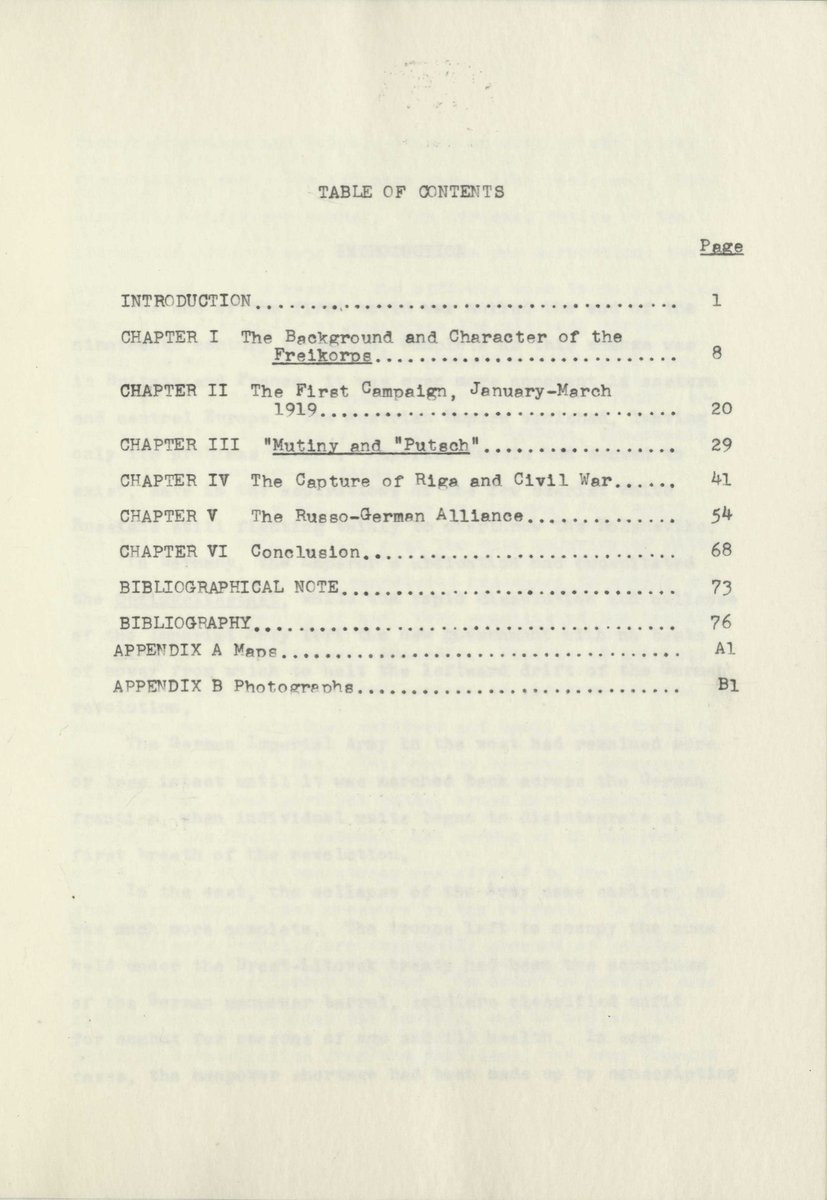
I thought this was interesting. The genesis of Lithuanian Forrest Brothers and partisan warfare in the WW1 PoW-refugee situation. The attacks on rural German patrols don’t create dedicated anti-partisan units, but I would wager there were many notes taken during this period. 



The Germans gave up on annexing Lithuania as a practical diplomatic move. The principle of self determination could create a officially independent Lithuanian state, under a locally created administrative body. Such a state could also prevent a larger Poland. 



Unfortunately for the Taryba’s legitimacy, while it had forced the Germans to recognize its authority in an independent Lithuanian, the election of “Mindaugas II” to the kingship was not a popular move.
Lol at Erzberger supporting it to spite Ludendorff.
Lol at Erzberger supporting it to spite Ludendorff.

The Lithuanian government had to fight for the loyalty of the minority populations. The Poles had already become hostile, the Belarusians had a independent state too. However they were able to recruit/conscript on the Zionist side of the Zionist-Bundist split. 

The Lith Army at this stage was still too small to defend against the Red Guard. After the November Revolution in Germany, the 10th and 8th Armies of OberOst were demoralized and unorganized, even the Poles attacked them in Vilnius, though this only handed the city to the Reds. 



The Germans, however, were not going to give up. They demobilized the most unreliable units, and sent in the Saxon volunteers with the Entente’s blessing. Germany also started sending weapons and money. 

There is a marked difference between the Lithuanian assessment of the Baltic Freikorps and the Latvians/Estonians. Balkelis has written the most positive non German assessment I’ve read thus far. Admitting the critical military role of the German units at this juncture. 

There were three Leftist governments in Lithuania from the German Regular Army retreat to the Freikorps and Lithuanian Nationalist counterattack. Two of them were hostile to the third Bolshevik Lithuanian Soviet Republic. The Vilna Soviet & Žemaitija Committee had 2be suppressed 



The Lithuanian Soviet Republic was announced in Moscow before Lithuania, because it was entirely the creation of the Nationalities Commissar. Stalin didn’t care that the Luxembourgists were opposed to nationstates. National “determination” was internationally legitimizing 2 USSR 



• • •
Missing some Tweet in this thread? You can try to
force a refresh






























